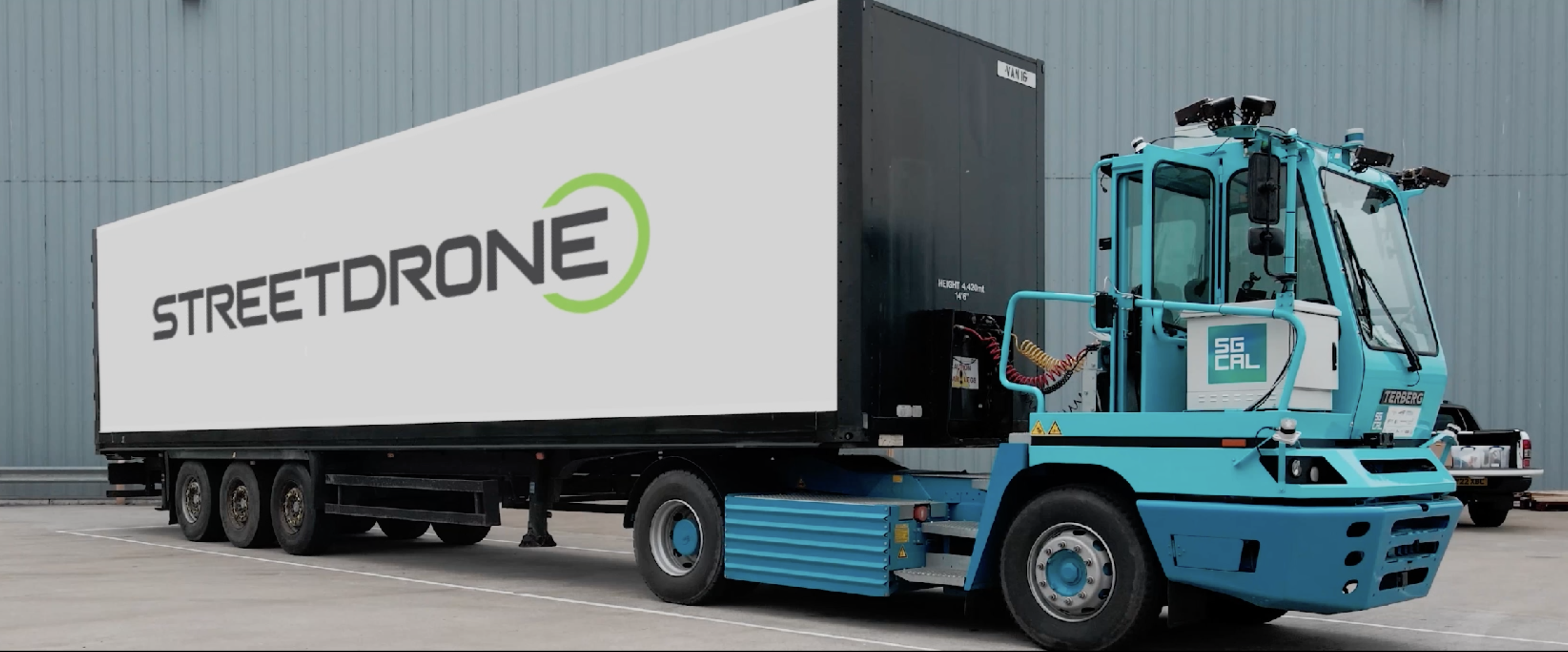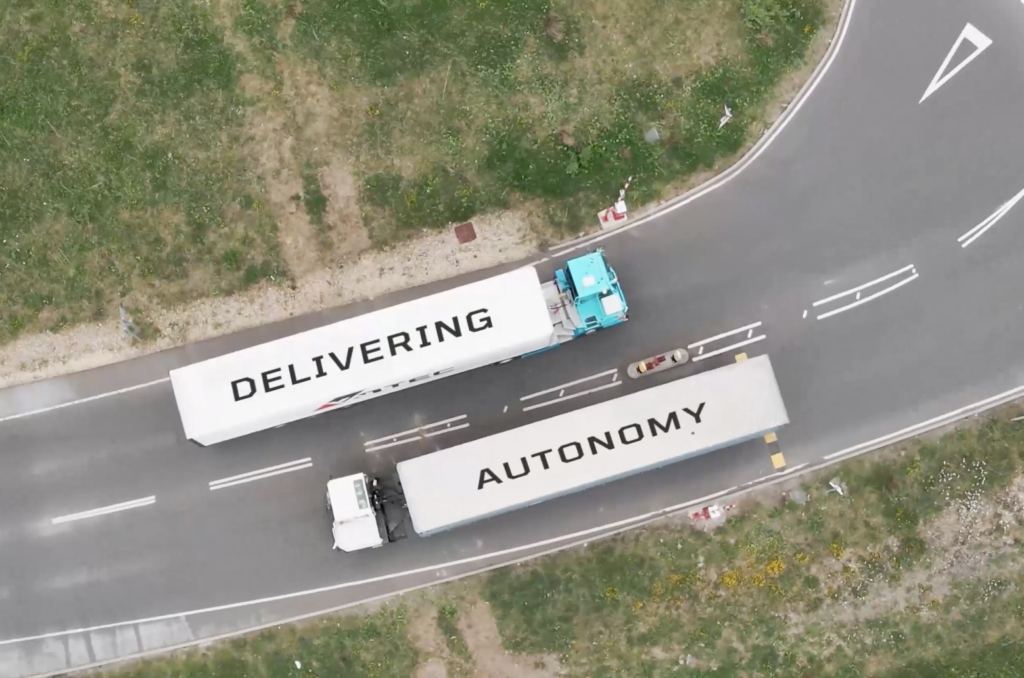Automated logistics technology provider StreetDrone has announced the second stage of a project to deliver connected and autonomous logistics (CAL) as part of a wider £84m (US$59m) funding announcement for driverless technologies.
The successful first phase of Project V-CAL delivered a working proof-of-concept (PoC) demonstration of the autonomous and teleoperation of a 40-metric ton truck, with live loads delivered from Vantec to Nissan Motor Manufacturing UK (NMUK) fully autonomously without intervention by a safety driver.
The second stage of the project announced today (February 1) will see StreetDrone’s automated logistics demonstrate scalability and proof of fully operational deployment in a complex industrial environment, moving beyond a trial stage and into supporting two real industrial use cases. Up to four zero-emission autonomous HGVs will be deployed on private roads and will navigate traffic lights, traffic circles and other road users.
Mike Potts, co-founder and CEO of StreetDrone, said, “In the first phase of the CAL project, we demonstrated that teleoperated and fully automated HGV deliveries could be deployed in a complex industrial context. With this new phase of work to scale driver-out deliveries into a viable service, we are keen to show that the benefits of autonomy can be achieved in the near-term for operators.”
Under the auspices of the North East Automotive Alliance (NEAA), StreetDrone will partner with Vantec, Nissan Motor Manufacturing UK (NMUK), Nokia, Newcastle University, Angoka, BP International Limited and Womble Bond Dickinson (UK) LLP to deliver Project V-CAL.
Paul Butler, CEO at the NEAA, said, “The Northeast region is uniquely placed to develop, test and commercialize CAL technologies. It is home to a critical mass of local manufacturing industry, with ambitious growth plans.
“We are delighted to be awarded V-CAL project funding to be able to scale and expand the initial 5G CAL proof of concept, which ended in 2022, and provide two real industrial use cases for the scale and deployment of connected and autonomous logistics. The logistics sector is strategically important to the Northeast and UK economy, and this provides an opportunity to build resilience in the sector and for the UK to take a leading role in the development and commercialization of CAL technologies.”
With 20 billion metric tons of freight moved globally annually, including one billion container movements, driving efficiencies into industrial logistics using autonomous vehicles has enormous potential to confer market leadership on early adopters. Moreover, automation works in tandem with electrification, reducing emissions, and provides a solution to the international shortage of skilled HGV drivers.



